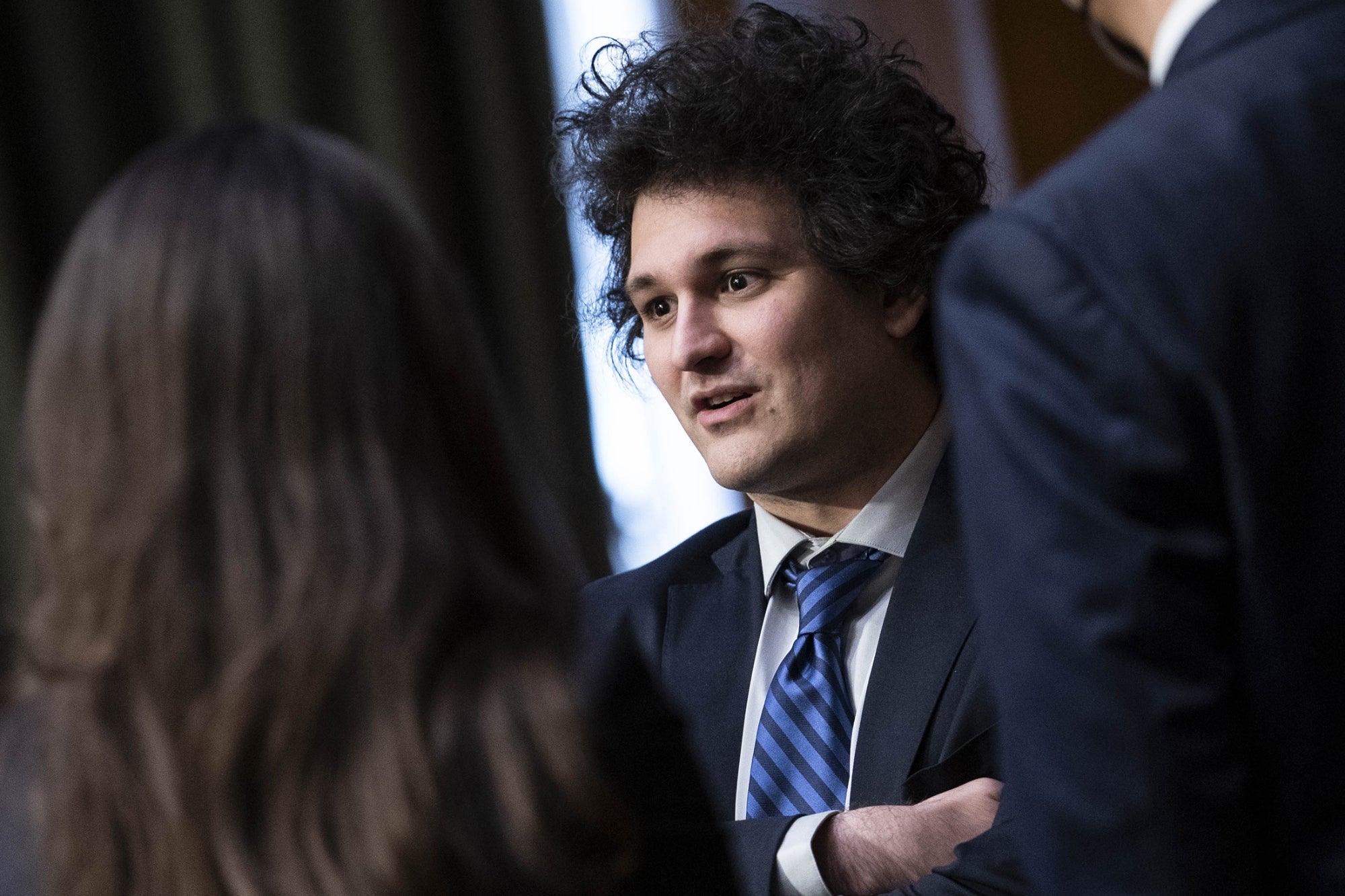
Gleb Tsipursky: Page 8
Bio
Dr. Gleb Tsipursky, CEO of Disaster Avoidance Experts, is a behavioral scientist who helps executives make the wisest decisions and manage risks in the future of work. He wrote the best-sellers “Never Go With Your Gut,” “The Blindspots Between Us,” and "Leading Hybrid and Remote Teams."
Want to write for Entrepreneur too? Apply to join Entrepreneur Leadership network.
Latest: Page 8
Is Remote Work Responsible for Quiet Quitting? This Behavioral Economist Reveals What He Tells His Clients — and How to Fix It.
Many traditionalist leaders attribute this drop in productivity and rise in quiet quitting to remote work, but is this really the case?
Is Your Hybrid Model Actually Working? Use These Success Metrics to Find Out.
How should a leader evaluate whether the model they adopted is optimal for their company's needs — or whether those needs require refinement?
You Should Let Your Team Decide Their Approach to Hybrid Work. A Behavioral Economist Explains Why and How You Should Do It.
From my experience helping 21 companies figure out their hybrid and remote work arrangements, the best practice is for the leadership to provide broad but flexible guidelines for the whole company. Here's why and the steps you need to take to do it.
Why Can't We Resist Black Friday and Cyber Monday? A Behavioral Economist Explains The Psychological Forces That Make Sales Irresistible.
There are three psychological reasons why we can't resist Black Friday and Cyber Monday sales. Smart consumers and entrepreneurs should know what they are. Here's why.
FTX's Sam Bankman-Fried Gave Away His Flawed Decision-Making Philosophy Months Ago. A Behavioral Economist Explains.
In March 2022, FTX's Sam Bankman-Fried revealed his dangerous outlook that could have served as a foreboding sign for the devastation to come.
Employers Need Workers. Now They're Realizing The Untapped Talent of These People.
Remote work, combined with a tight labor market, explains why this group is being hired at a higher rate, according to the researcher's analysis.






